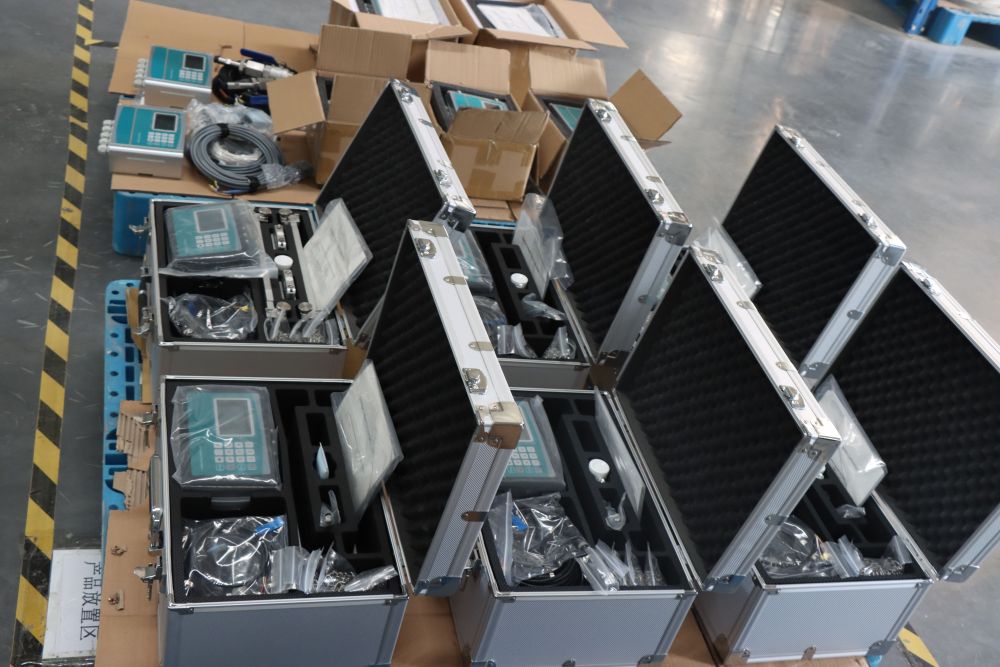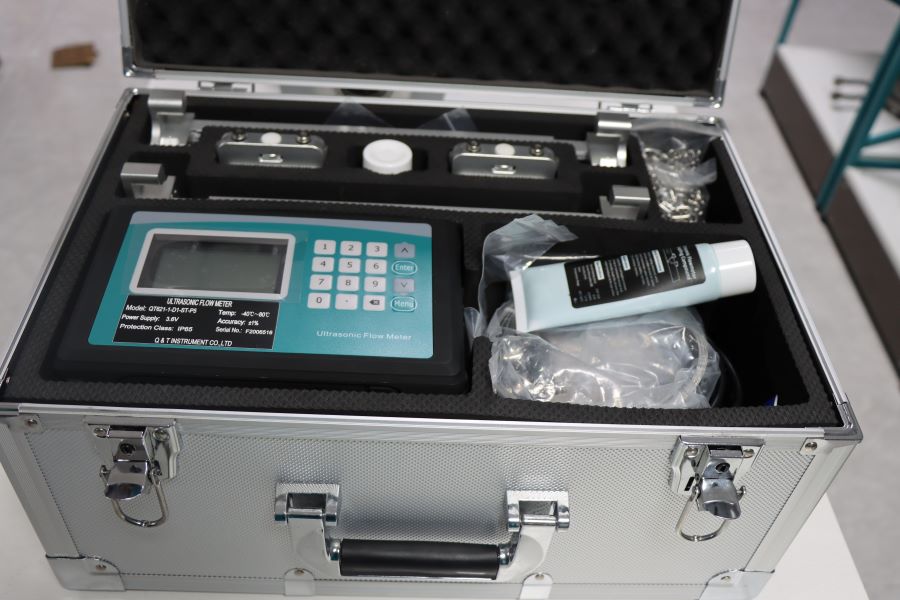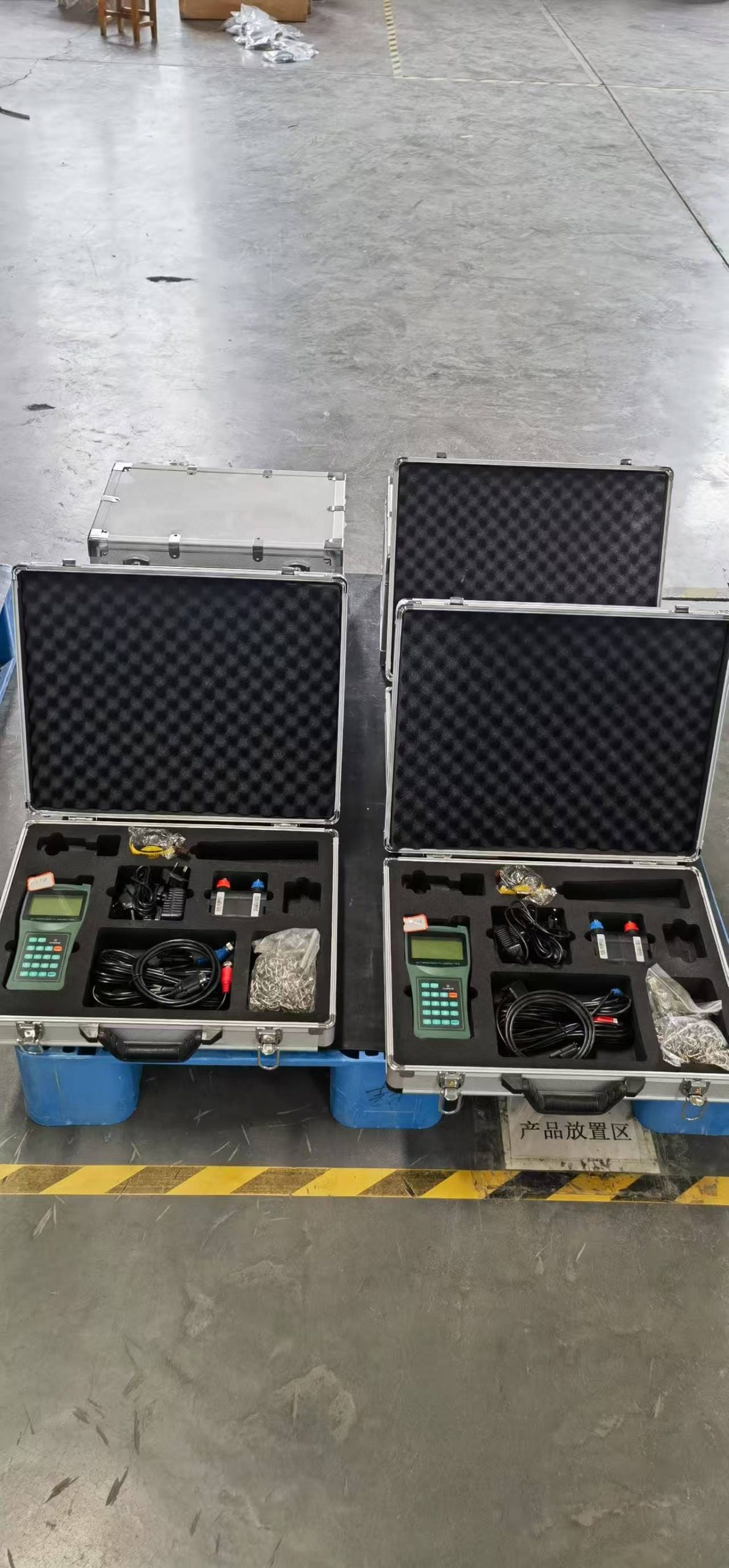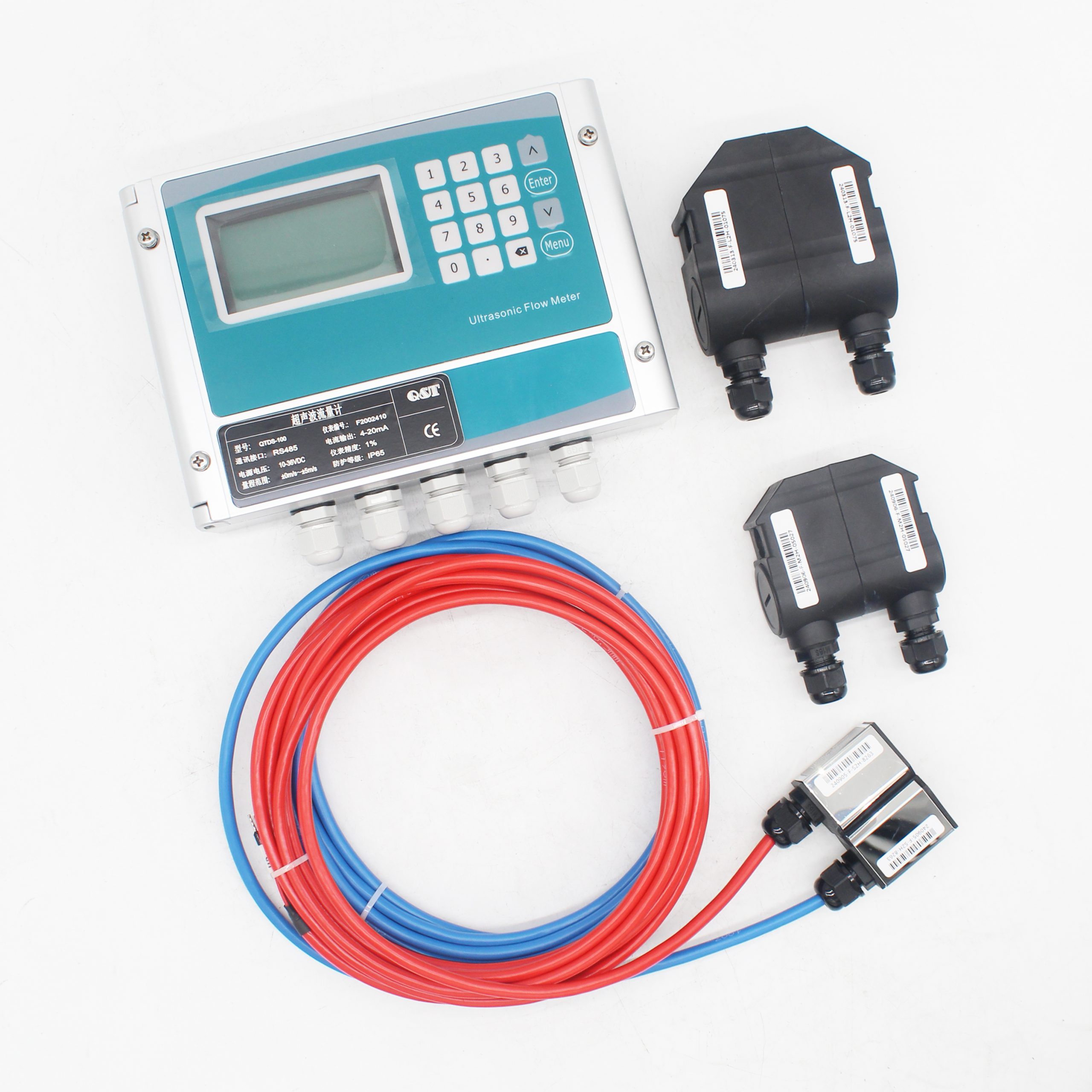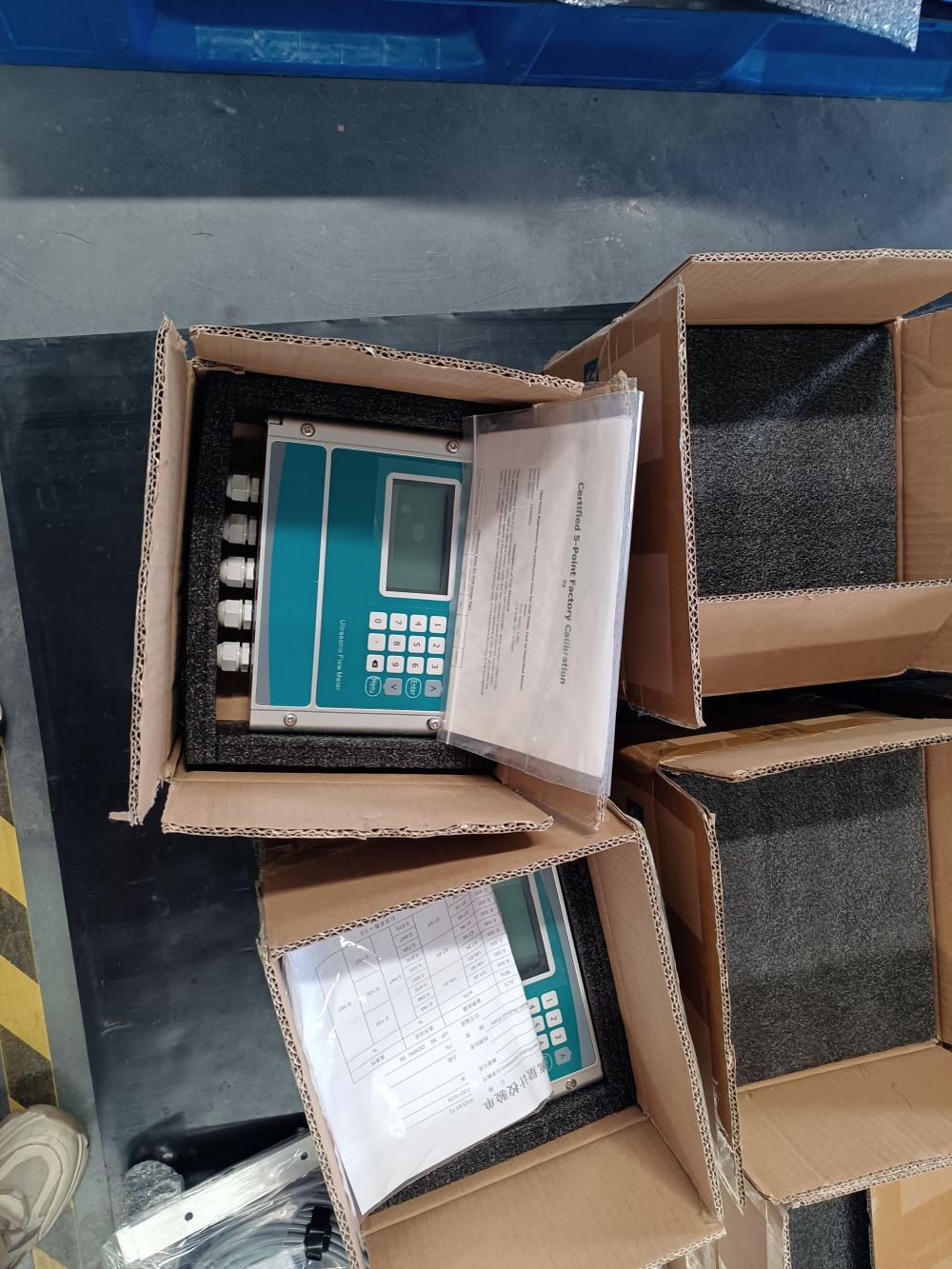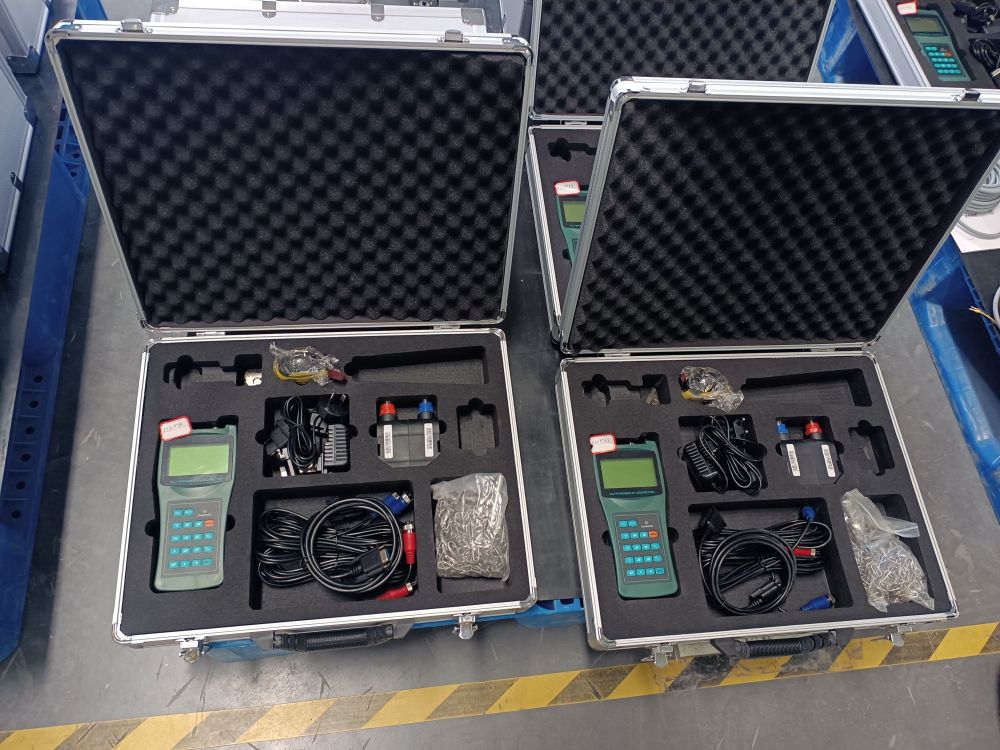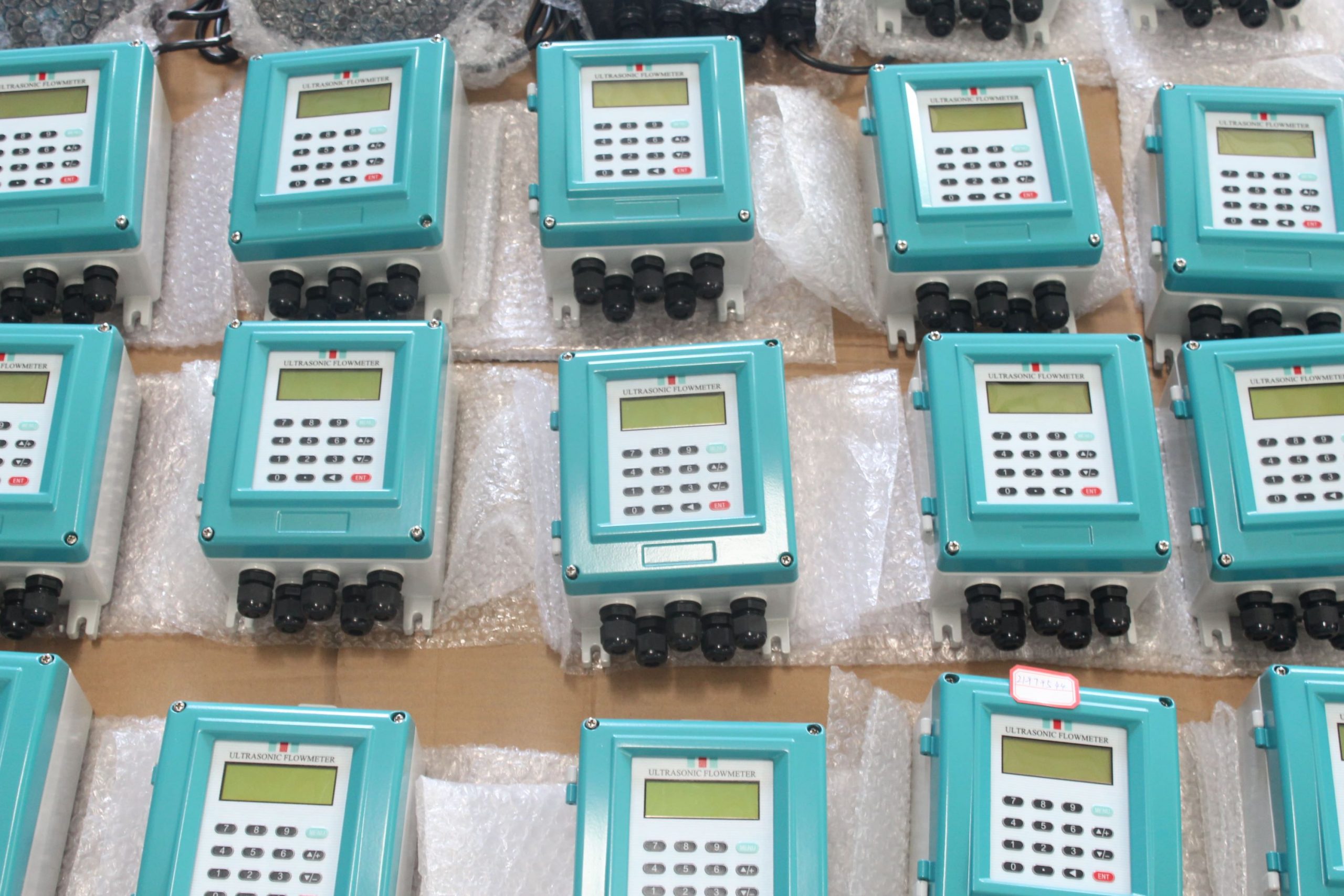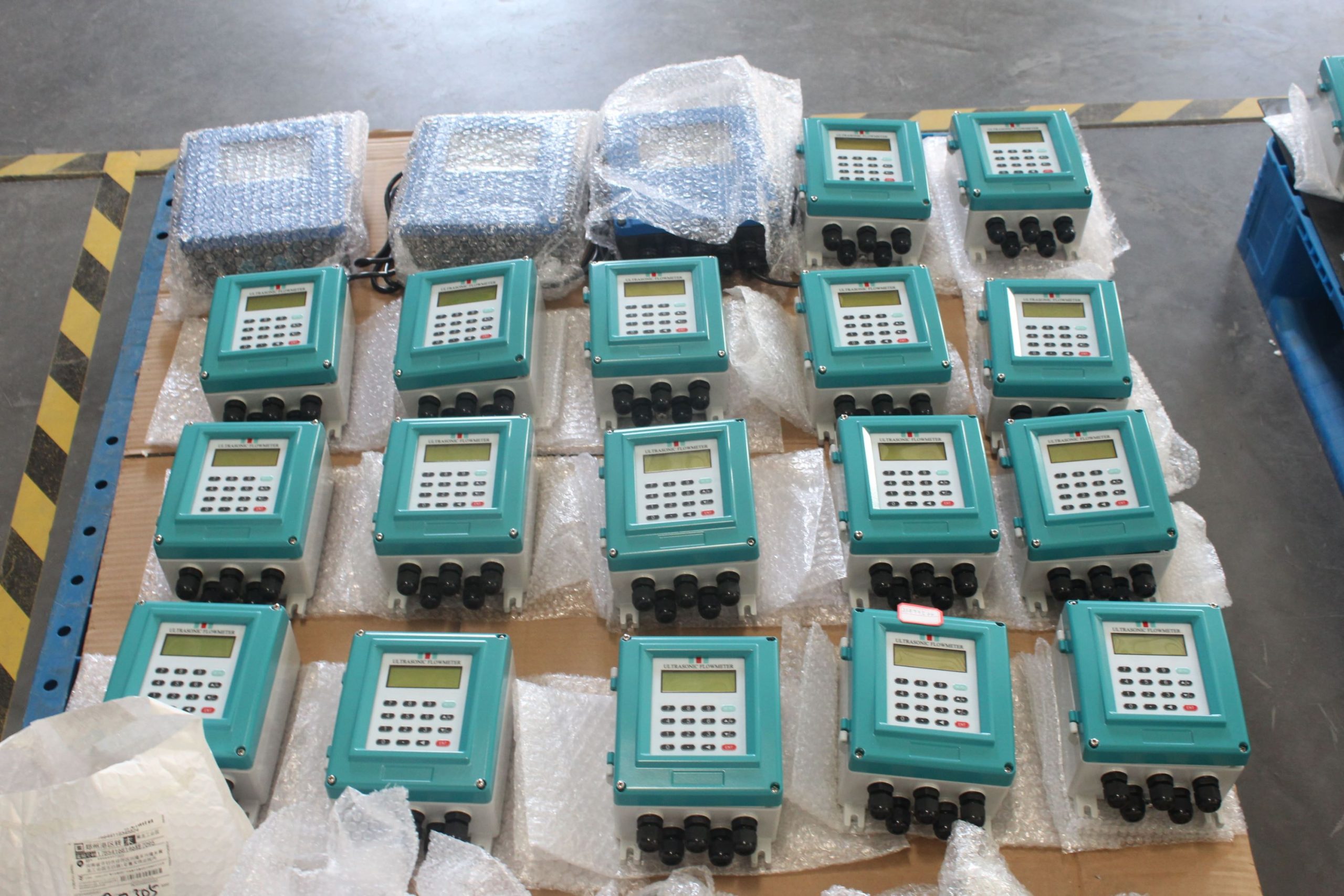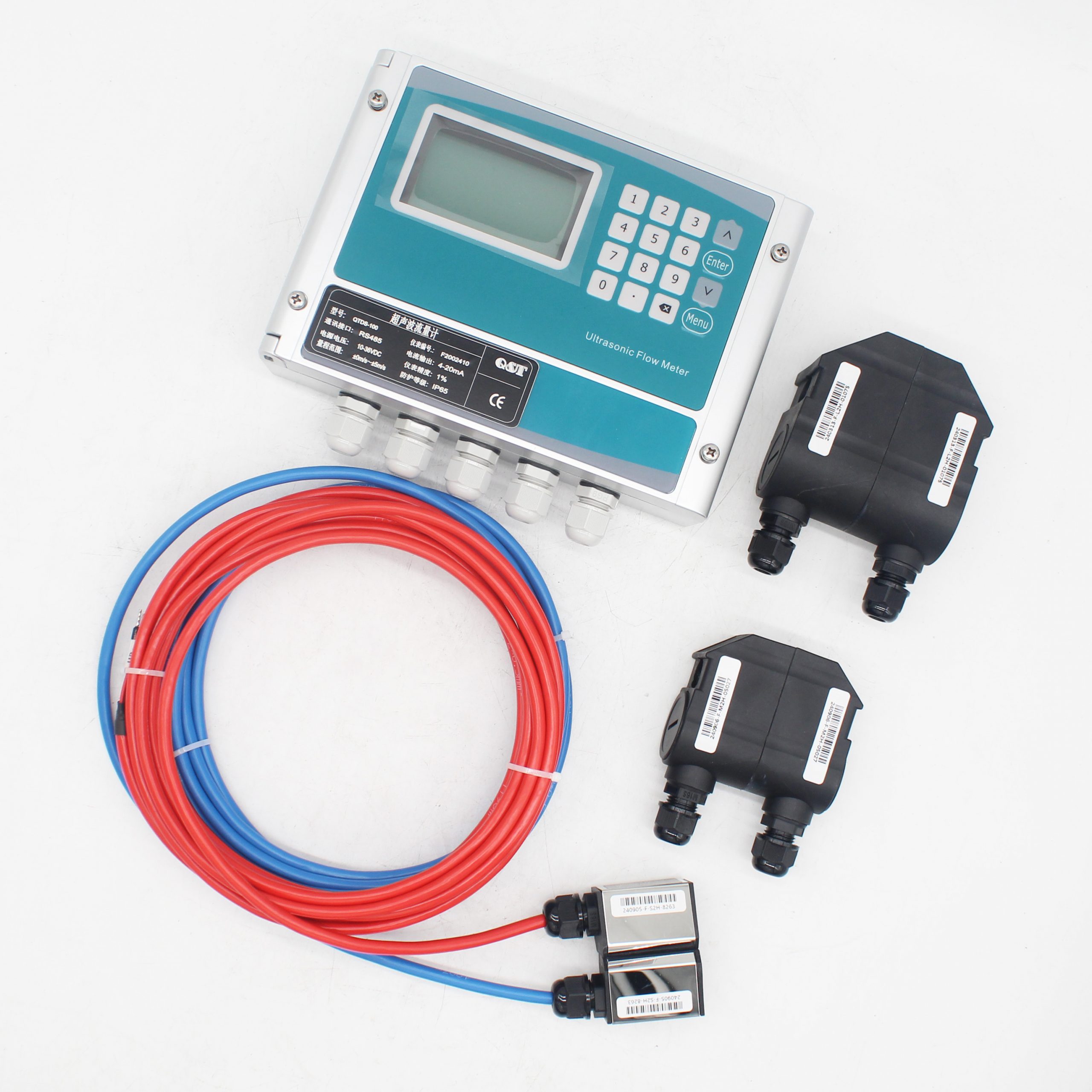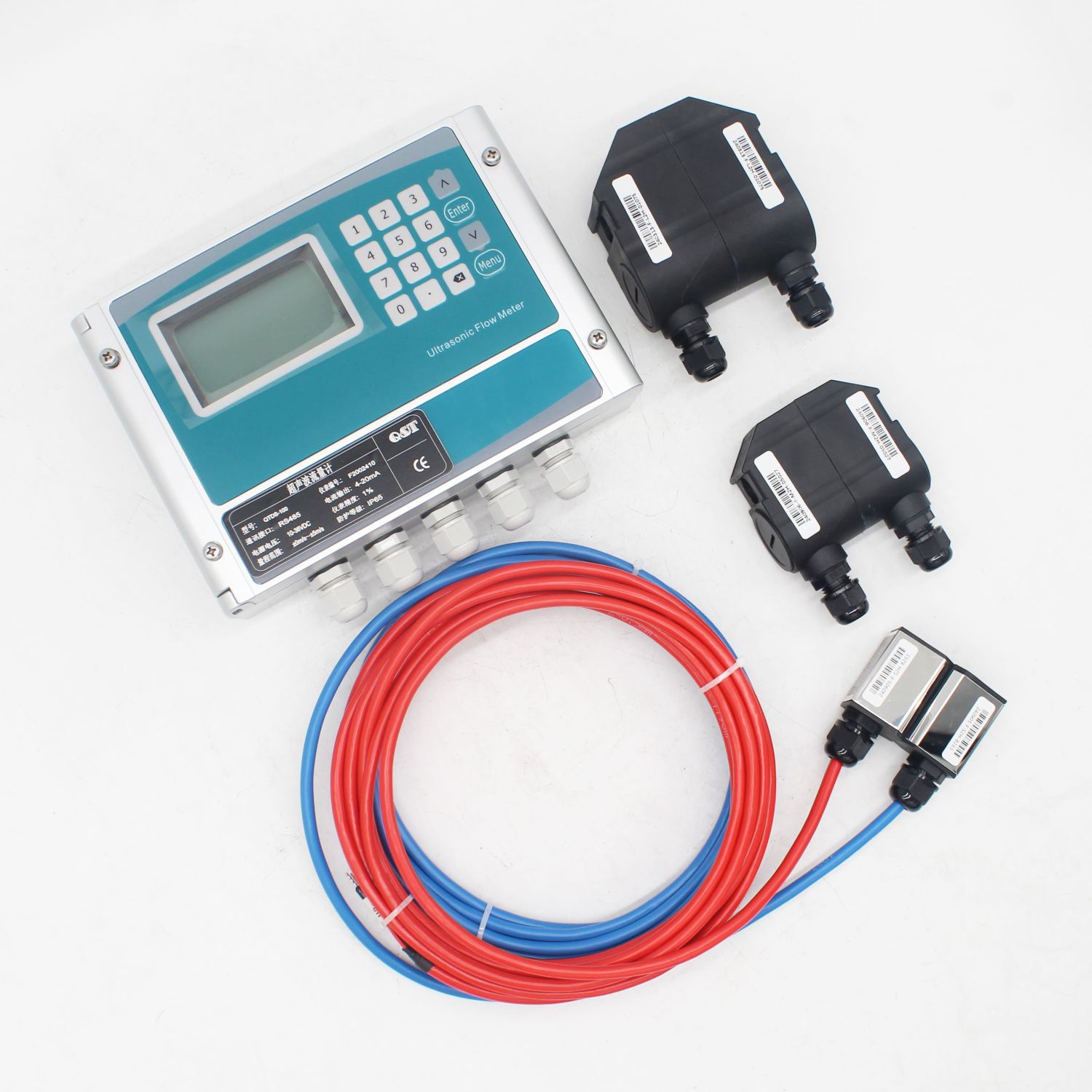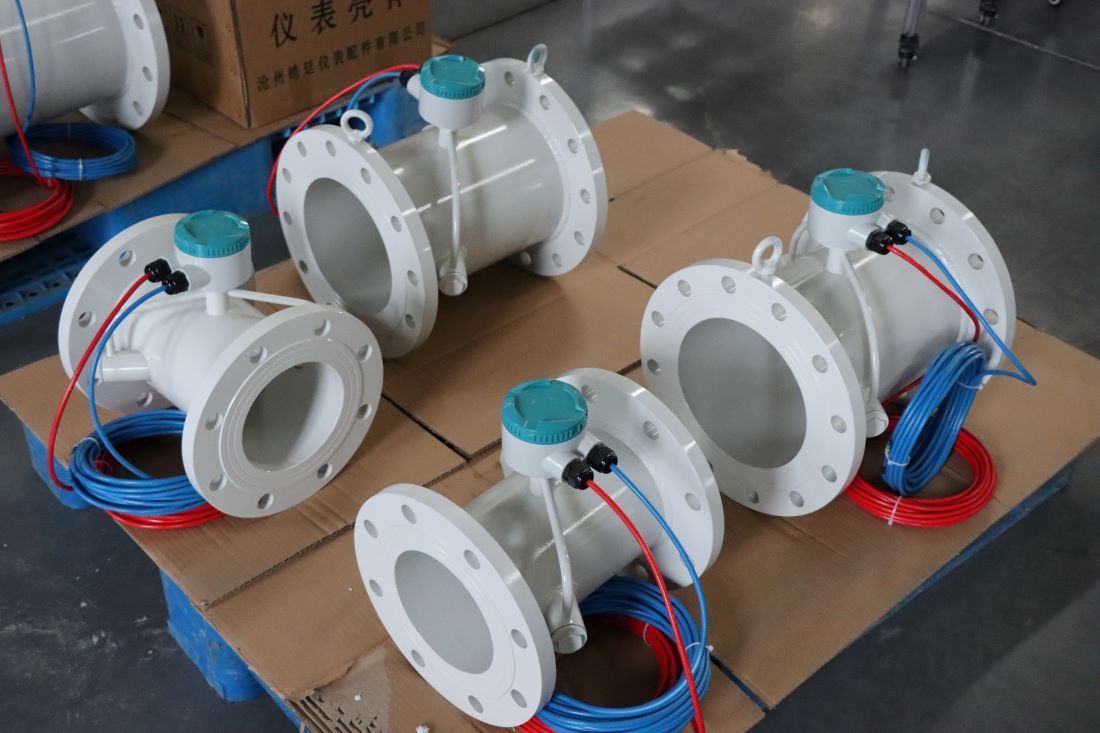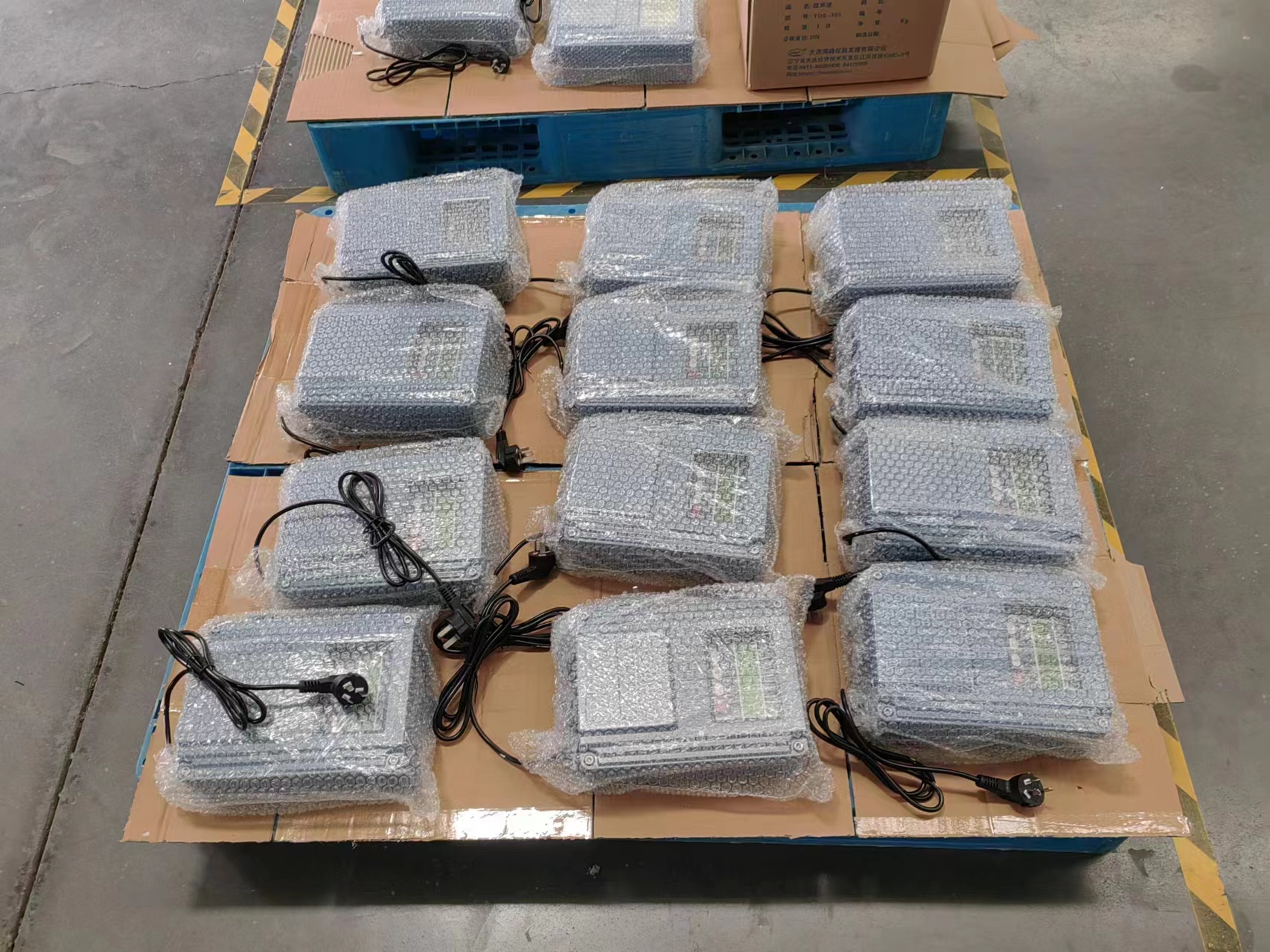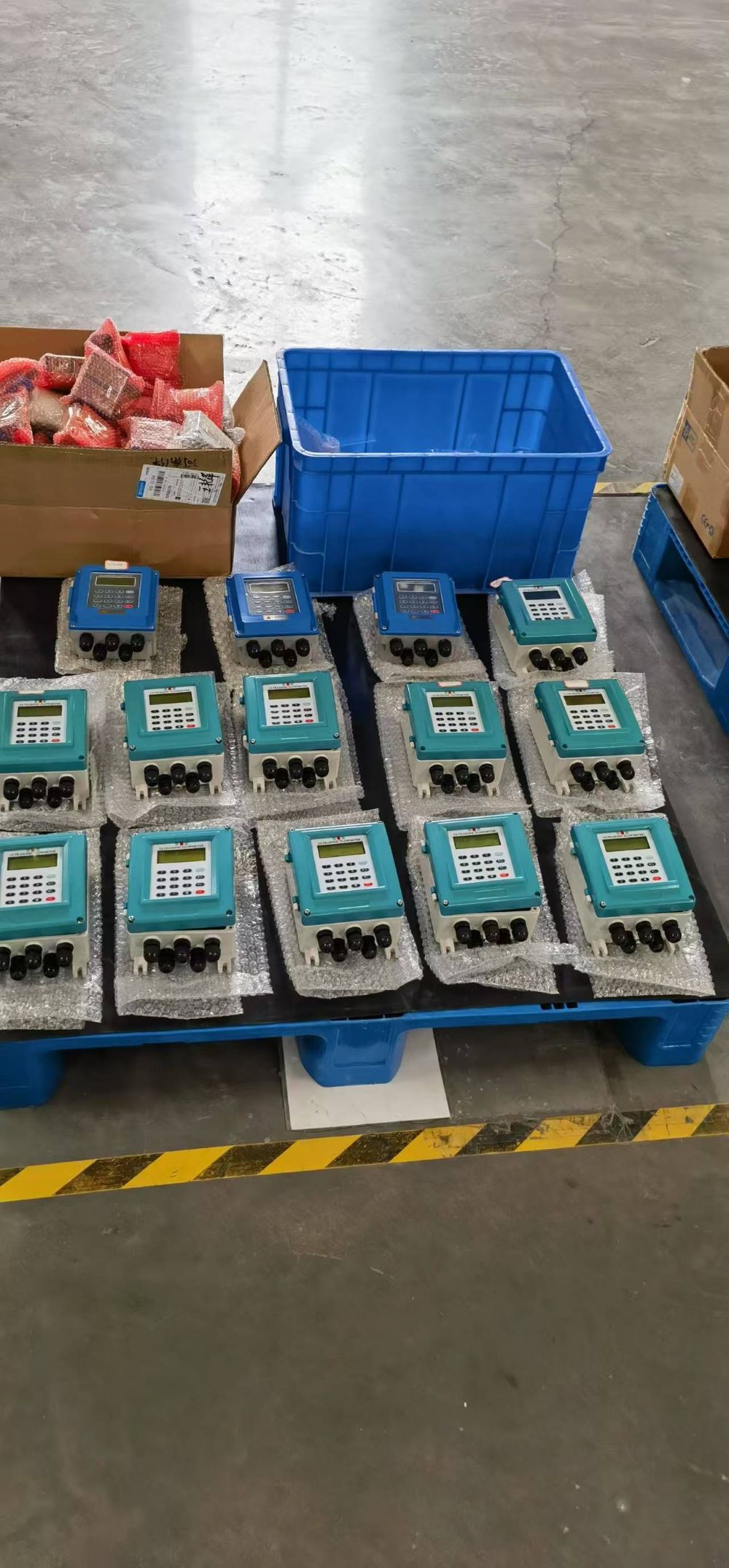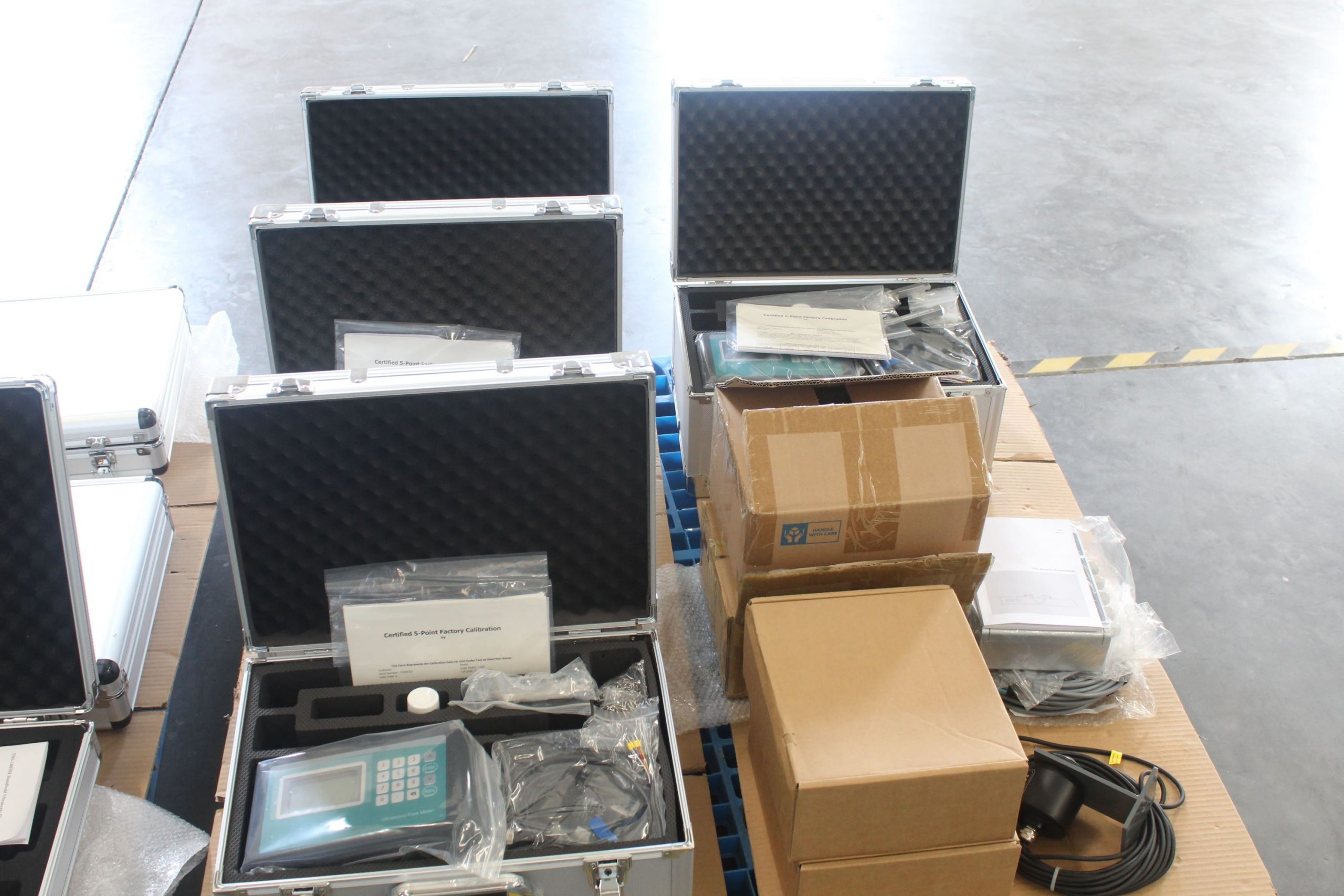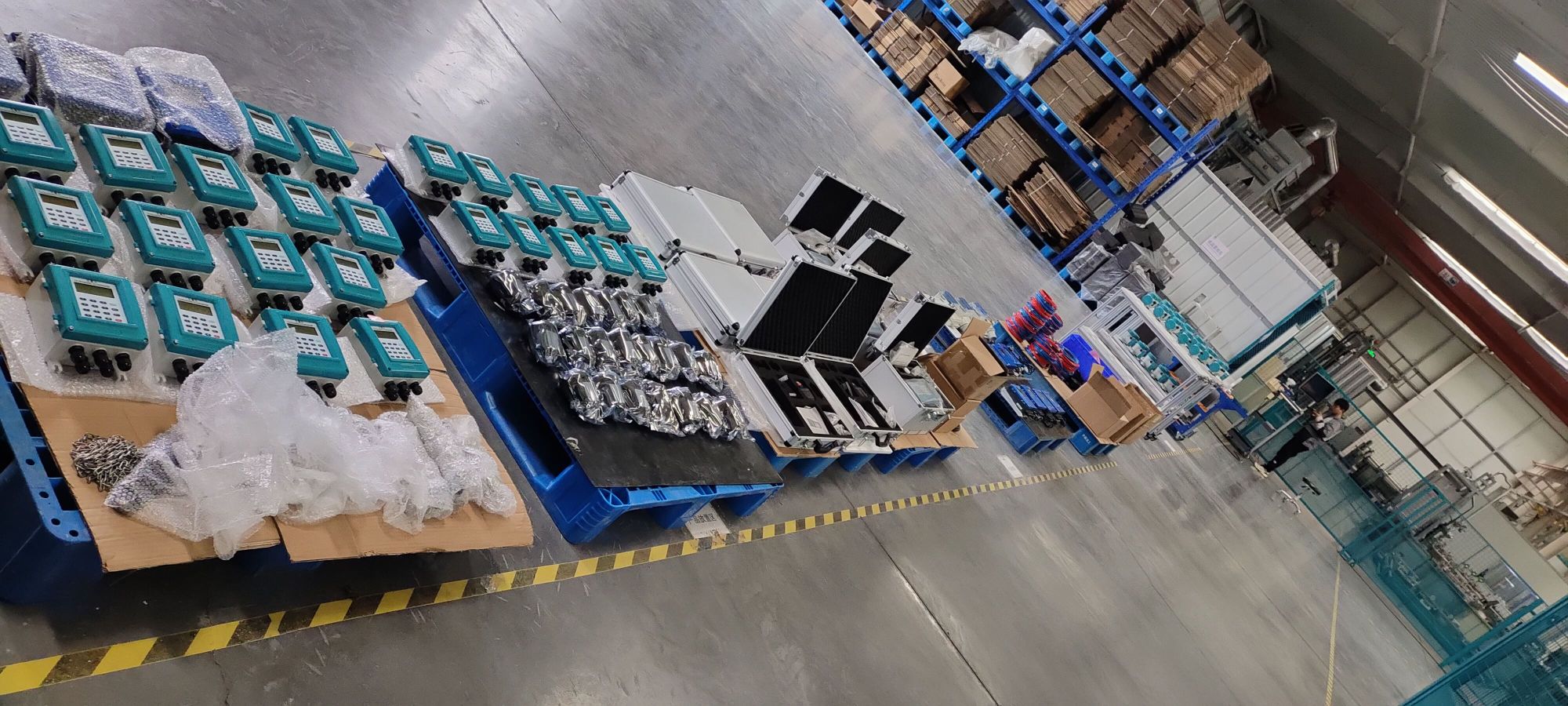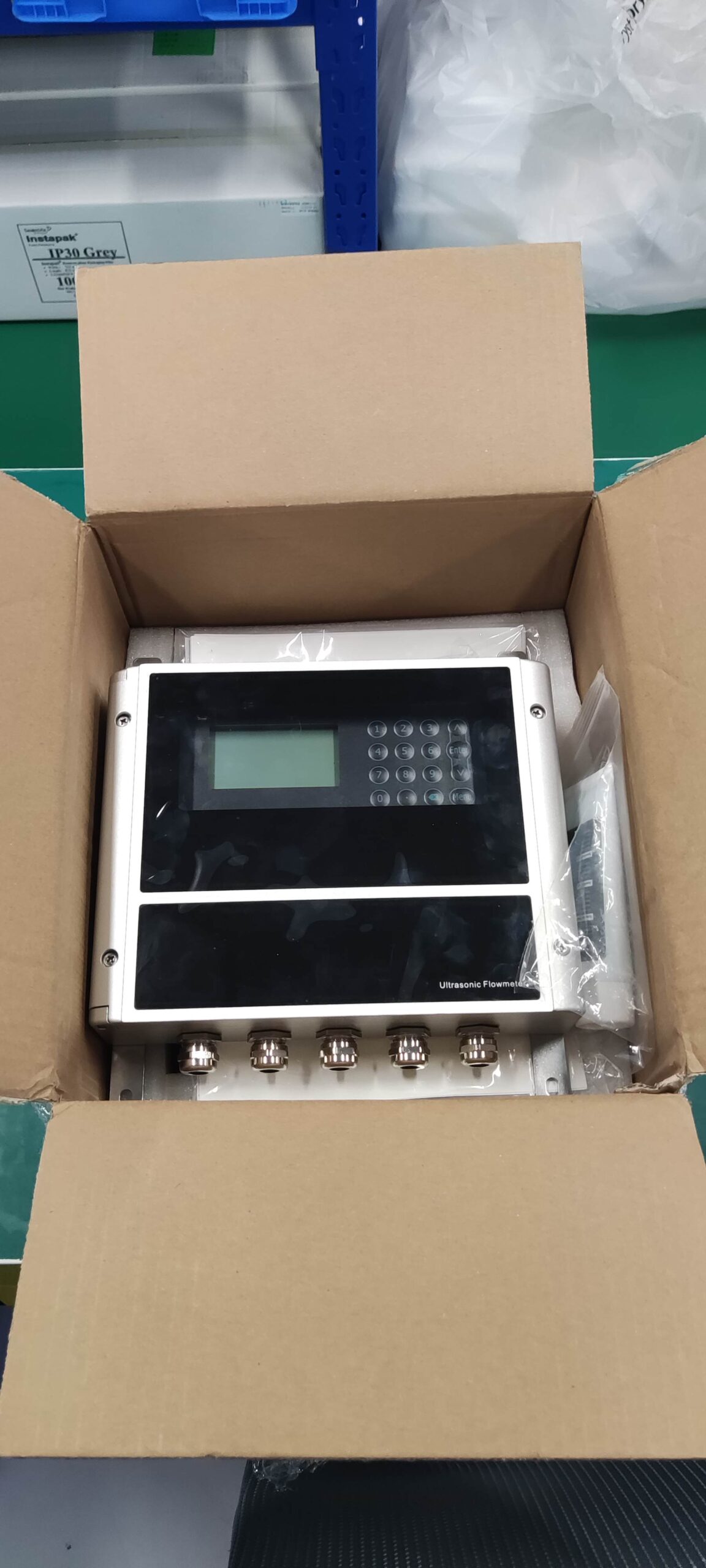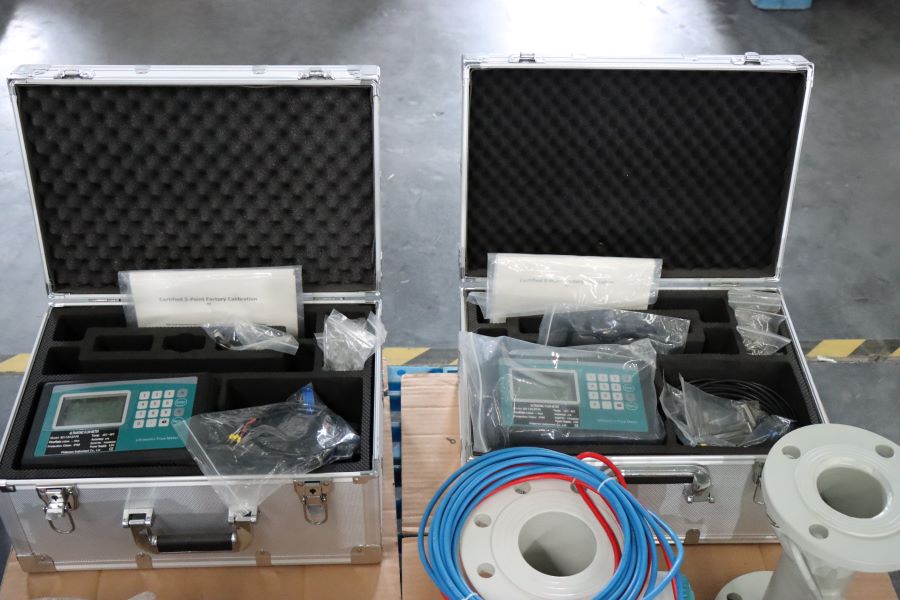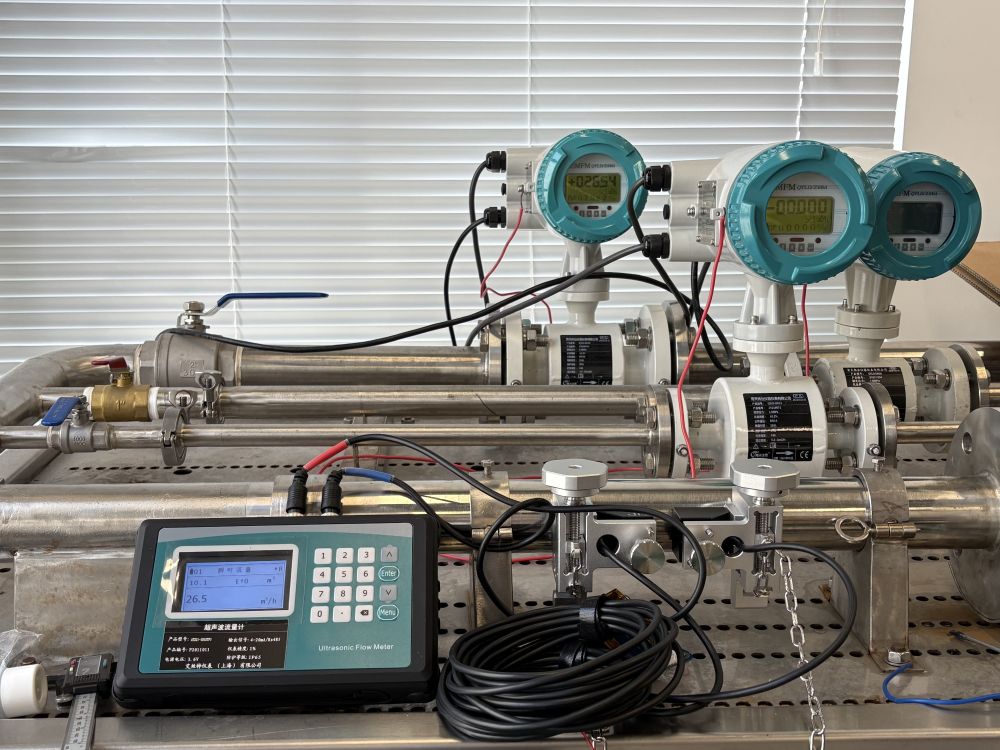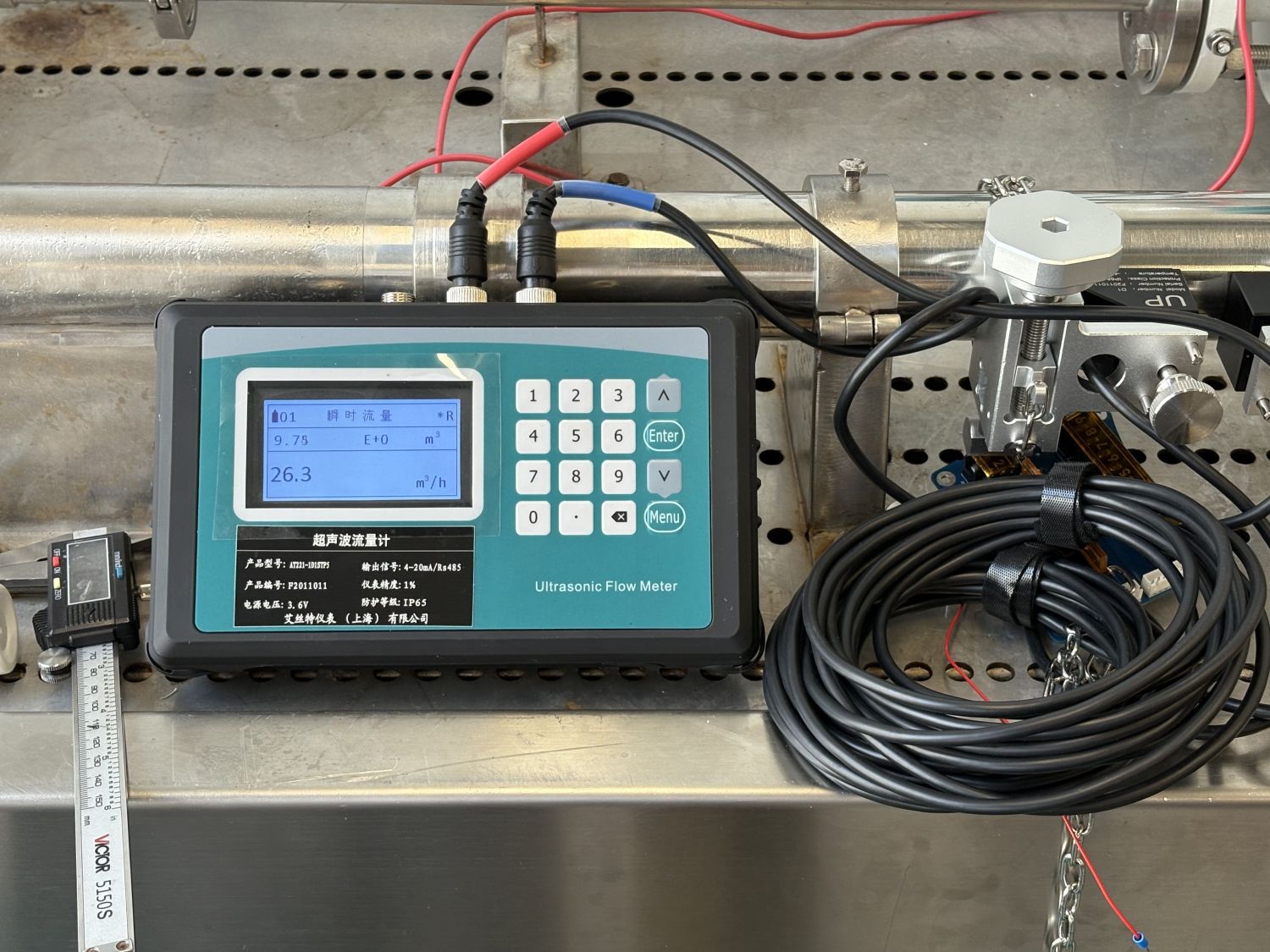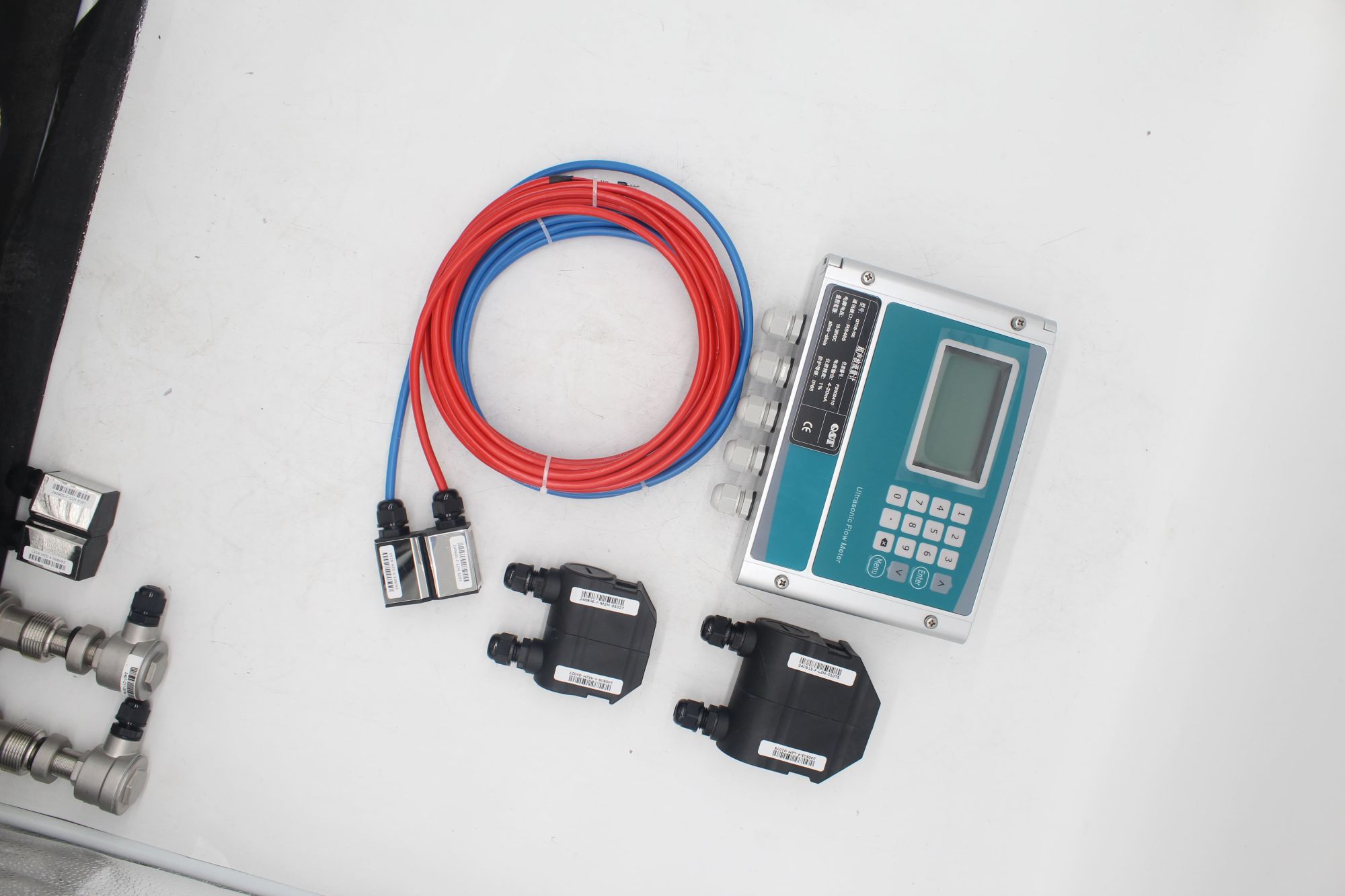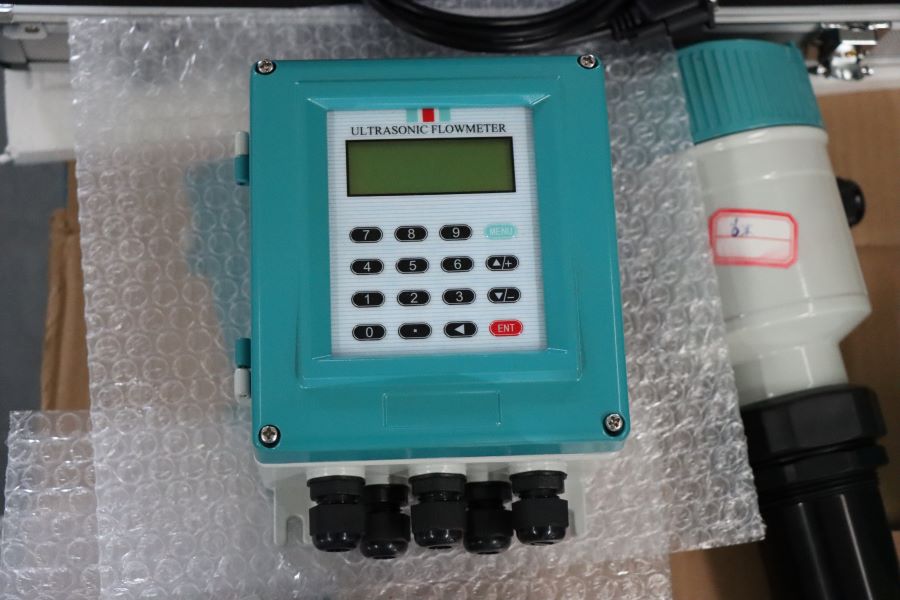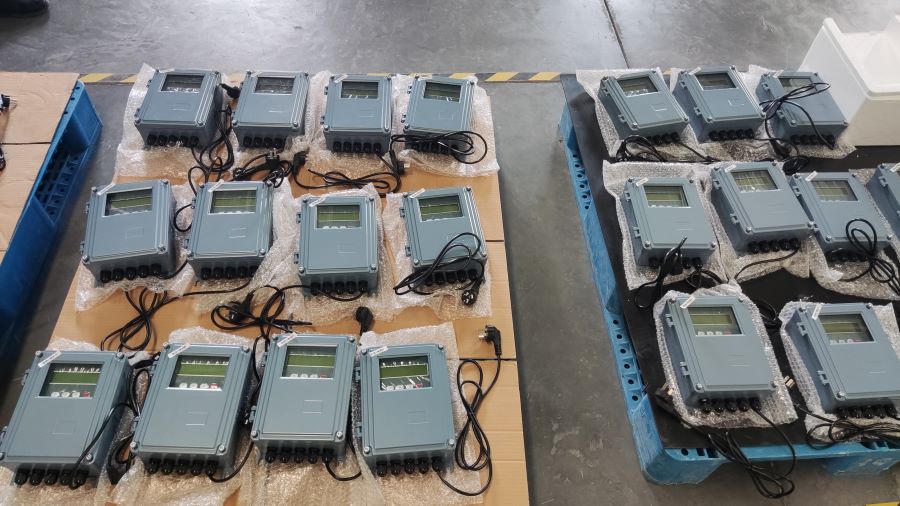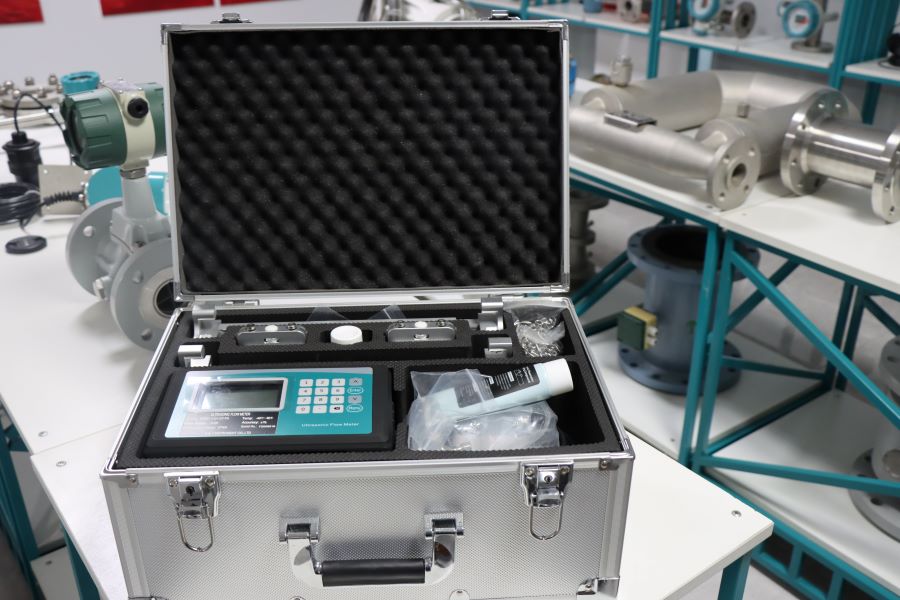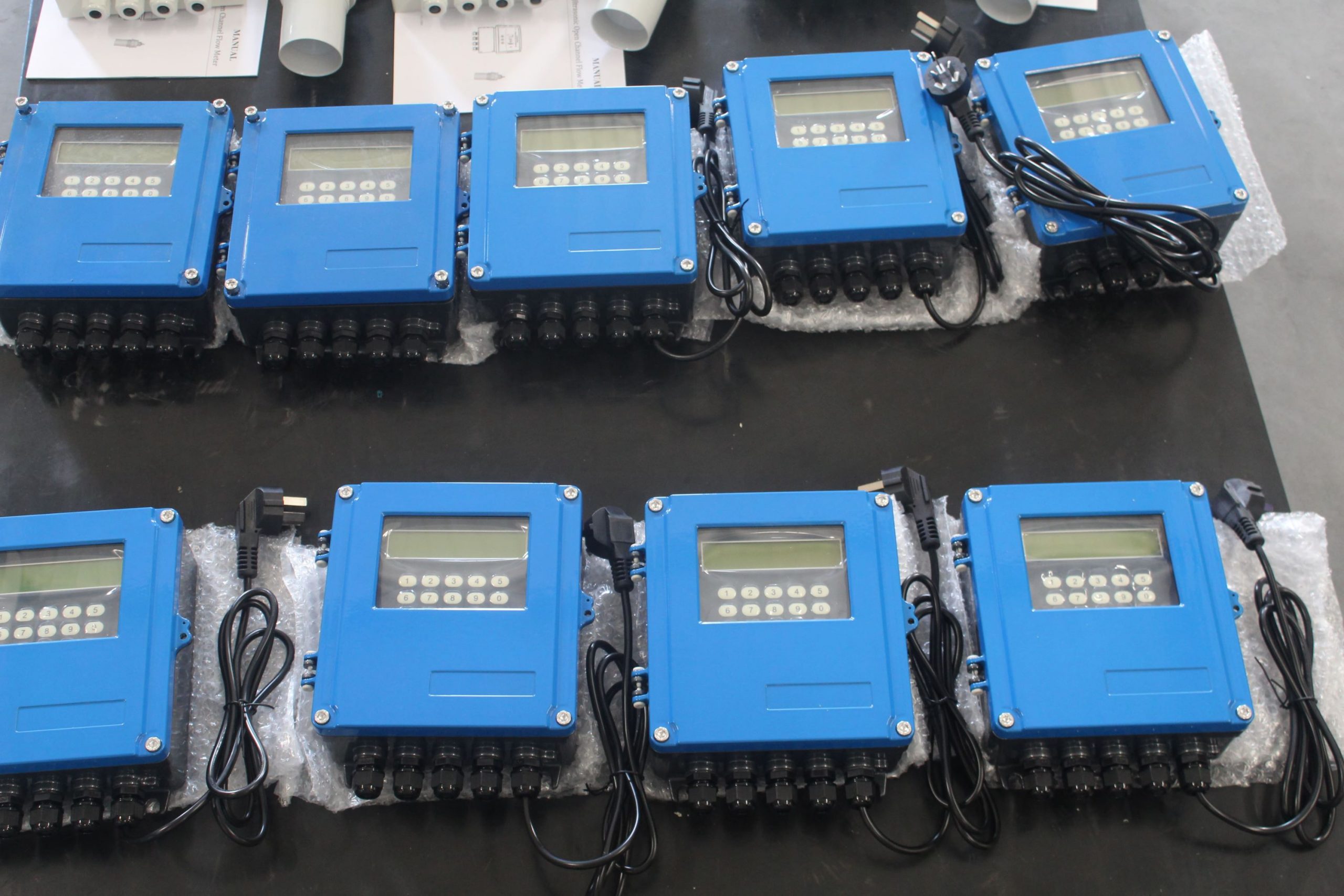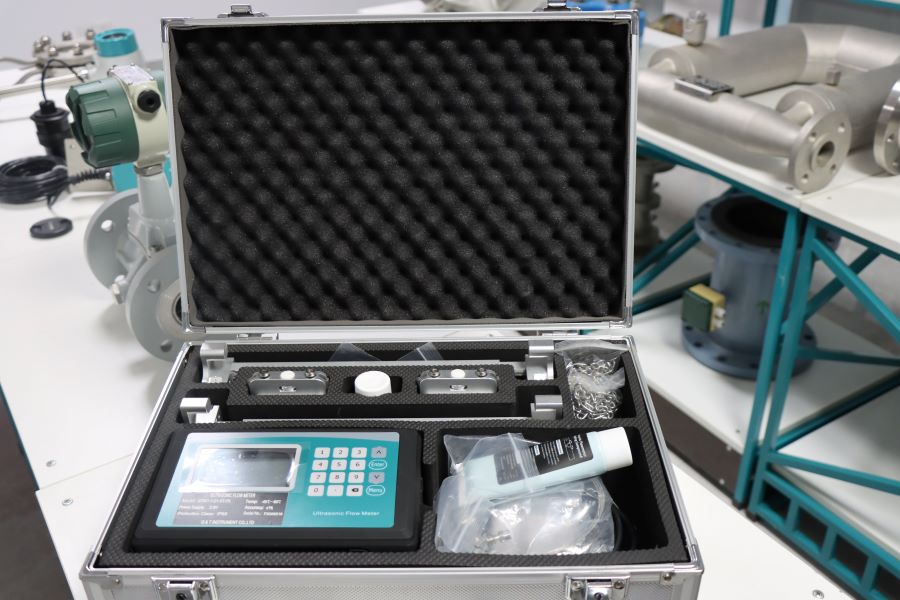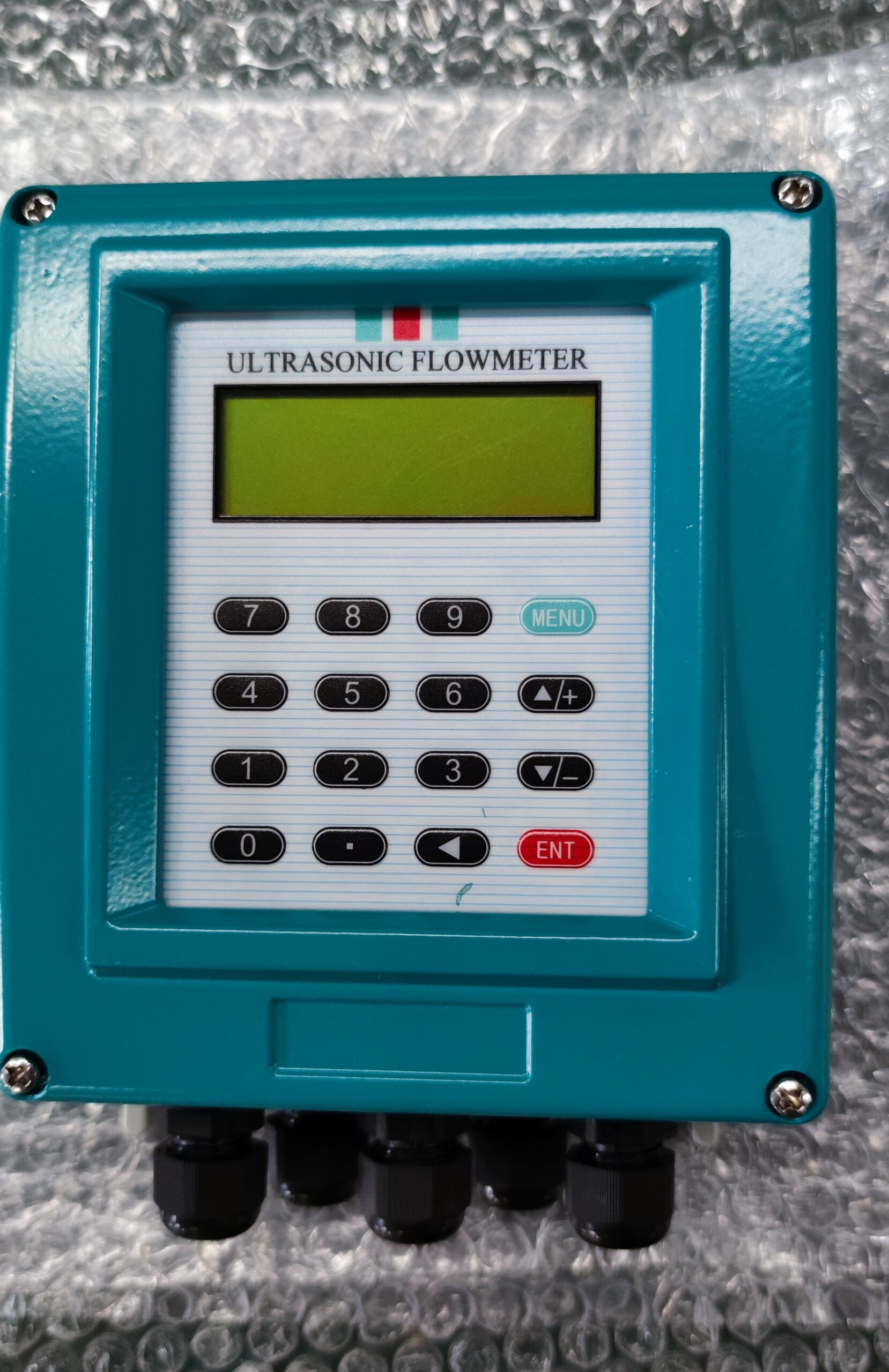In which working conditions can ultrasonic flowmeters be used?
Nowadays, the application of ultrasonic flowmeters is becoming increasingly widespread, and their application functions have been recognized by all aspects.
1. Petroleum industry: Primarily used for measuring high-pressure irrigation water, circulating water, oil-water mixtures, sewage and other media;
2. Metallurgical industry: Primarily used for measuring media such as continuous casting soft water, continuous casting secondary cold water, steelmaking equipment water, converter oxygen gun water, converter dust removal water, vaporized soft water, semi-purified water, circulating water, and sewage.
3. Petrochemical industry: Primarily used for measuring media such as production water, circulating water, fire-fighting water, and sewage;
4. Power industry: Thermal power generation, hydropower generation, nuclear power, mainly used for the measurement of industrial water, raw water, reclaimed water, circulating water, cooling water, boiler water, ash water, sewage, chemical water and other media;
5. Chemical industry: Primarily used for measuring media such as circulating water, chemical water, chemical slurry, drinking water, and sewage;
6. Coal mines/mines: Primarily used for groundwater, coal washing water, circulating water, sewage, etc.
7. Papermaking industry: Primarily used for measuring media such as circulating water, industrial wastewater, and domestic sewage;
8. Water treatment industry: Primarily used for measuring domestic water and sewage;
9. Building construction: Primarily used for measuring the circulating water of air conditioners;
10. Food and medicine: Primarily used for measuring the flow of ultra-pure water, circulating water, drinking water, sewage, industrial wastewater, and small pipe diameters.
11. Other industries: Ultrasonic flowmeters are also widely used in energy-saving testing centers, water resource treatment, water supply and drainage associations, environmental protection departments, cigarette factories, fire protection, metrology inspection and on-site equivalent industries.
The application directions of ultrasonic flowmeters: Currently, in industrial flow measurement, there is a widespread problem of difficulty in measuring large pipe diameters and large flow rates. This is because generally, as the measured pipe diameter increases, it brings about difficulties in manufacturing and transportation, as well as increased costs and energy losses. Ultrasonic flowmeters can meet all these requirements.

